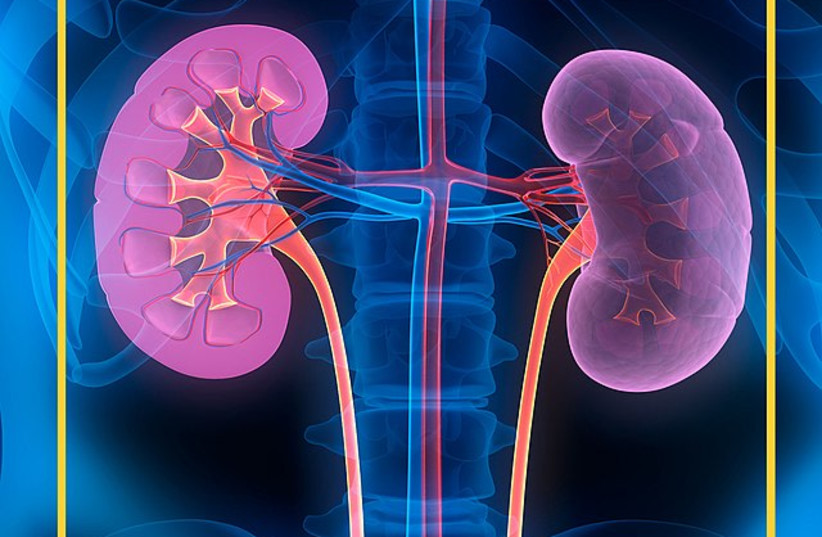A man in Sri Lanka broke two world records this month when he had a massive kidney stone removed from his body, according to Guinness World Records.
Sixty-two year old Canistus Coonghe, a retired soldier, had not only the largest kidney stone but also the heaviest. It was removed June 1 by a team of urologists.
The 1.76 pound kidney stone – roughly the same weight as five baseballs – is the largest kidney stone ever recorded. Guinness stated on their website that the kidney stone is larger than Coonghe's actual kidney. Lengthwise, the stone reportedly measured 5.26 inches by 4.15 inches.
Before, two separate records were set, with a kidney stone weighing 1.36 pounds, set in 2008 by Wazir Muhammad in Pakistan and an Indian man named Vilas Ghuge who in 2004 had a 5.11-inch kidney stone taken out by surgeons.
What is a kidney stone?
Also called renal calculi, nephrolithiasis or urolithiasis, the stones are hard deposits made of minerals and salts that form inside the kidneys. Diet, excess body weight, some medical conditions, certain supplements and medications are among the many causes of kidney stones, as is the failure to drink enough water.

Kidney stones are significantly more painful for younger people aged 31 to 50 than the elderly over 70, according to a 2022 study conducted at Assuta Ashdod University Hospital. This was found to be true even though older people suffered from larger stones.
Judy Siegel-Itzkovich contributed to this report.
